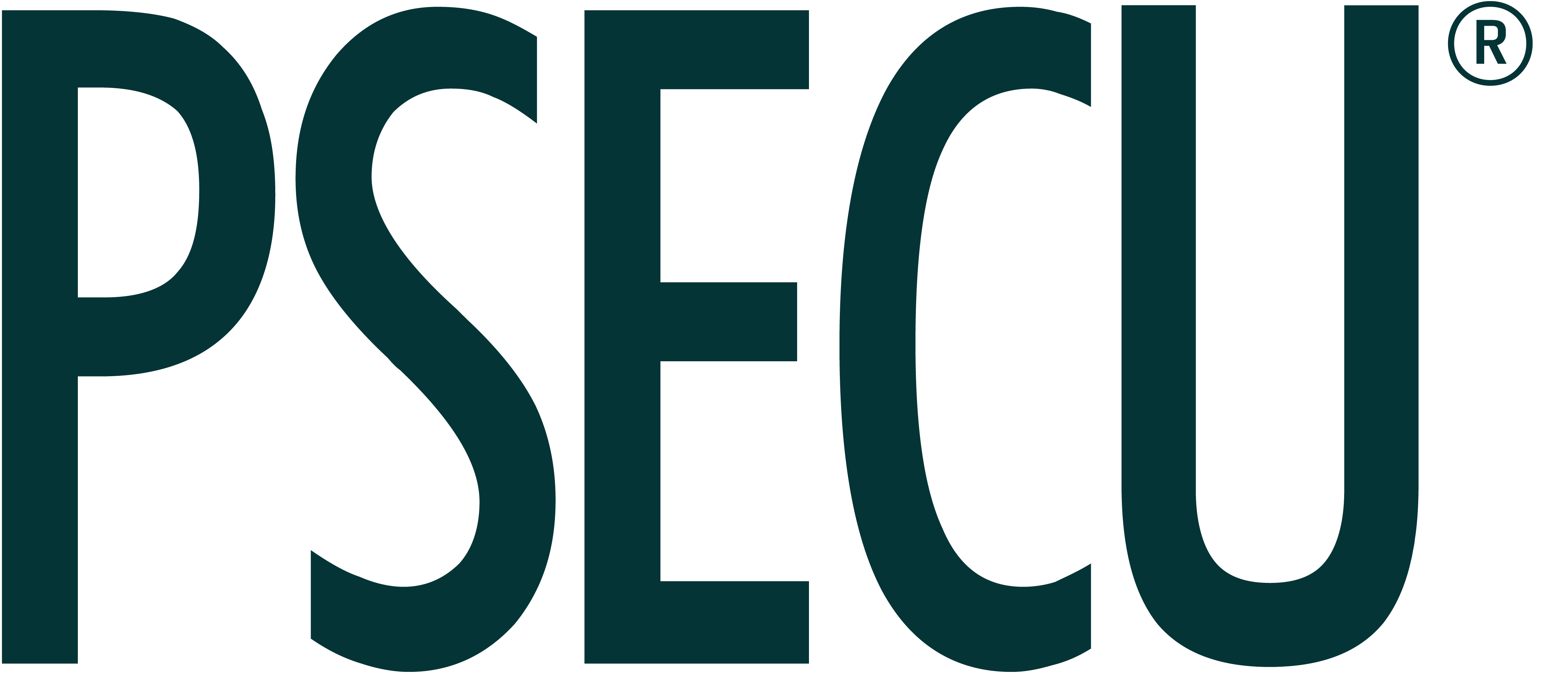Children’s physical health is a big focus in our society and for good reason. Keeping their bodies strong and healthy will benefit kids all throughout their lives. But another aspect of health often goes undiscussed — fiscal fitness.
This encompasses learning about finances, how to pay bills, and other important topics in financial education. While schools teach kids about a range of subjects, personal finance is often overlooked because schools assume children will learn these lessons at home.
So why is financial education important for young people, and at what age should you start instructing your children? Keep reading to learn how to raise a financially fit kid.

Why Should Young People Learn About Finances?
The simplest answer is because one day they will be adults, and they will have to take care of their money. When they move out of the house, they’ll need to know how to perform simple tasks, such as paying bills and balancing their checking accounts. You also want to give them the tools to achieve financial success. Raising independent thinkers is important to many parents, and fiscal responsibility plays a role in that.
Plus, you want kids to learn the right lessons. If you don’t teach them about how to open a savings or checking account, when to start a 401K, how to manage their credit, and so on, then they may not learn from the best sources.
Finally, you want your kids to learn to support themselves. They’ll need to understand how far their money can go as well as know about savings, credit, and budgeting to ensure their financial security and stability.
What Age Should You Start Teaching Your Kids About Finances?
First, a bit of reassurance — there’s no need to plop a rattle shaped like a dollar bill into your baby’s crib. Kids have to get to the age where they can count to start understanding basic concepts of finance. Ages three to five are a good place to start with a child’s financial education. You may want to begin by:
- Reading your child age-appropriate books dealing with money
- Teaching them how to count money using toys such as a cash register
- Giving them a small allowance, which they should split into jars for saving, spending, and sharing
If your child seems confused, don’t sweat it. You may need to have many conversations about finances before they begin to understand. If there’s something they take particular interest in, find ways for them to gain hands-on experience. For instance, if you’ve been playing cash register, your child may want to help you pay at the real cash register at the store. Walk them through each step and answer any questions they may have.
Keeping Kids Interested in Learning About Finance
Every parent knows kids like to set their own agendas. If you aren’t making a topic fun or interesting, your child won’t pay attention.
As your child grows older, from ages eight to 12, you can introduce more sophisticated subjects. Keep things fun so you can hold their attention or help them check out a favorite author’s take on money or shopping. These will make the topic more relatable for your child.
Saving Up for a Toy: Teaching Your Kids Fiscal Responsibility
Just about every parent has uttered the phrase “money doesn’t grow on trees.” But if you continue to buy your kids everything they want, they won’t understand the significance of that cliché. Start encouraging them to save up to buy the things they want themselves when they’re in elementary school. If they’ve been contributing to their savings jar, they can hit the mark in a relatively short time for a low-priced item.
This teaches kids the value of setting a financial goal and achieving it. They learn to appreciate things that come from hard work, and they see how putting money toward savings can help them get what they want. Those are traits that will help them remain fiscally responsible as they age.
Want to take your savings on the go?
Learn more about our free savings app.
Talking to Your Kids About Budgets
Many families avoid talking about their own finances, but giving kids a basic idea of how to set a budget can help them model that behavior later in life. Try budgeting together for a grocery list when your child is in middle school. They may be surprised at how much food costs and how hard it can be to stay within budget.
Help them find online coupons to show the value of being thrifty and take them shopping so they can see how much food their budget buys. This is one hands-on lesson they won’t forget.
How Old Must You Be to Open a Checking Account?
A parent or guardian can open a custodial account for a child as soon as they’re born. Custodial accounts allow family members to save money in an account on behalf of the child until the child turns 21 years old.
At PSECU, we also allow teens ages 13 and over to have their own account. By this time, kids often have jobs, whether they babysit, mow lawns, or bag groceries, and therefore have money to deposit. If you want to keep tabs on how much your child is spending, you can be added as a joint owner on the account.
Kids with checking accounts can learn many valuable lessons, such as:
- How to avoid overdrafts
- How to write checks
- How to budget and save
Address finances from the time your child hits preschool until they leave the home, and they’ll be ready for any fiscal tests that come their way. If you want to help your child learn about financial responsibility, open an account for them at PSECU and help them start to save money.
Check out additional money management tips on our WalletWorks page.
The content provided in this publication is for informational purposes only. Nothing stated is to be construed as financial or legal advice. Some products not offered by PSECU. PSECU does not endorse any third parties, including, but not limited to, referenced individuals, companies, organizations, products, blogs, or websites. PSECU does not warrant any advice provided by third parties. PSECU does not guarantee the accuracy or completeness of the information provided by third parties. PSECU recommends that you seek the advice of a qualified financial, tax, legal, or other professional if you have questions.
